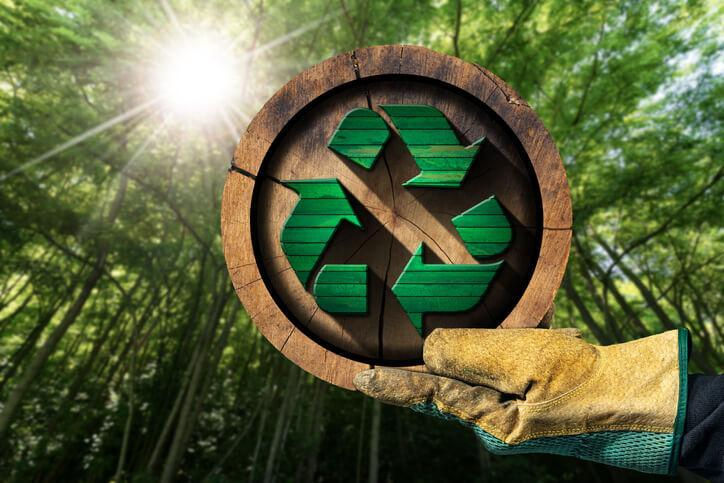Bag Bans Aren’t Enough: Why We Need Better Alternatives, Not Just Fewer Bags
- Plastech Inc.

- Mar 6
- 3 min read
Updated: Jul 22

Welcome back to One Less Bag! Today, we’re diving into a critical topic: why simply banning plastic bags isn’t enough. While these bans aim to reduce waste, they often lead to unintended consequences—like an increase in other harmful materials. So, what’s the real solution? Let’s explore why better alternatives, not just fewer bags, are the key to true sustainability.
In recent years, plastic bag bans have gained traction worldwide as cities and countries work to curb plastic pollution. At first glance, these bans seem like a win for the environment, pushing consumers and businesses to rethink their reliance on single-use plastics. However, a closer look reveals a harsh truth: simply banning bags isn’t enough. Without truly sustainable alternatives, we risk swapping one environmental problem for another.
The Unintended Consequences of Plastic Bag Bans
While bag bans aim to reduce plastic waste, they often lead to unintended outcomes. In California, for example, after the state banned thin plastic grocery bags in 2016, sales of thicker plastic trash bags spiked by 120% as consumers sought replacements. Instead of reducing overall plastic consumption, the ban simply shifted the problem elsewhere.
Another issue? Many businesses pivot to paper bags, believing them to be an eco-friendly alternative. While paper bags are biodegradable, their production requires four times more energy than plastic bags and generates 70% more air pollutants due to the resource-intensive pulping process. And because they’re less durable, people tend to use them once before discarding them—just like the plastic bags they replaced.

The Real Solution: Smart Substitutions, Not Just Subtractions
If banning plastic bags alone isn’t solving the problem, what’s the real answer? The key lies in replacing harmful materials with truly sustainable options. Instead of trading one environmental burden for another, we need bags that break down naturally and leave no trace—like Plastech’s zero-plastic, home-compostable bags.
Plastech’s products offer a circular solution to waste, designed to decompose in home compost conditions within 180 days, compared to plastic bags that persist for 500+ years in landfills and oceans. This means no microplastics, no toxic residues, and no need for energy-intensive recycling processes.
Why Compostable Bags Are the Future
A true shift away from plastic pollution requires not just fewer bags, but better ones. Compostable bags provide a smart alternative because:
They don’t just disappear from sight—they fully break down. Unlike “biodegradable” plastics that often leave behind harmful microplastics, Plastech’s bags return to the earth as nutrient-rich compost.
They work within existing waste systems. Many cities and businesses are investing in composting infrastructure, making it easier than ever to divert organic waste—including compostable bags—away from landfills.
They support consumer habits without environmental harm. People still need ways to carry groceries, dispose of trash, and pick up after their pets. The goal isn’t to eliminate bags entirely—it’s to make sure the bags we use don’t stick around for centuries.
The Choice Is Clear: Don’t Just Ban—Replace.
Plastic bag bans may be a step in the right direction, but they’re not a complete solution. To truly combat plastic pollution, we need smarter materials, not just fewer bags. Plastech’s zero-plastic, home-compostable bags provide the missing piece to this puzzle, ensuring that sustainability isn’t just about subtraction—but meaningful, planet-friendly substitution.
Ready to make the switch? Explore our compostable solutions and be part of the change that truly makes a difference.



Comments